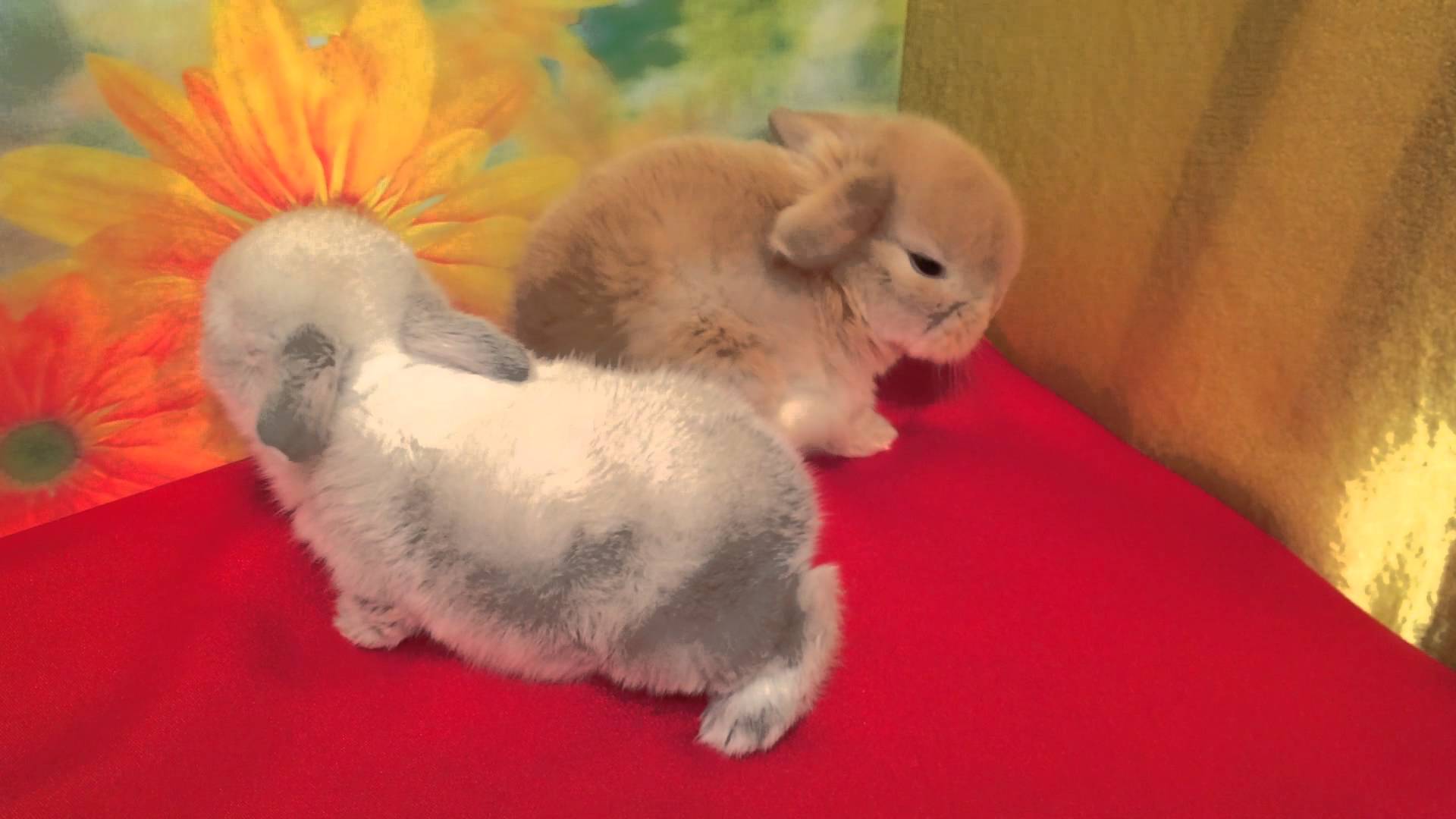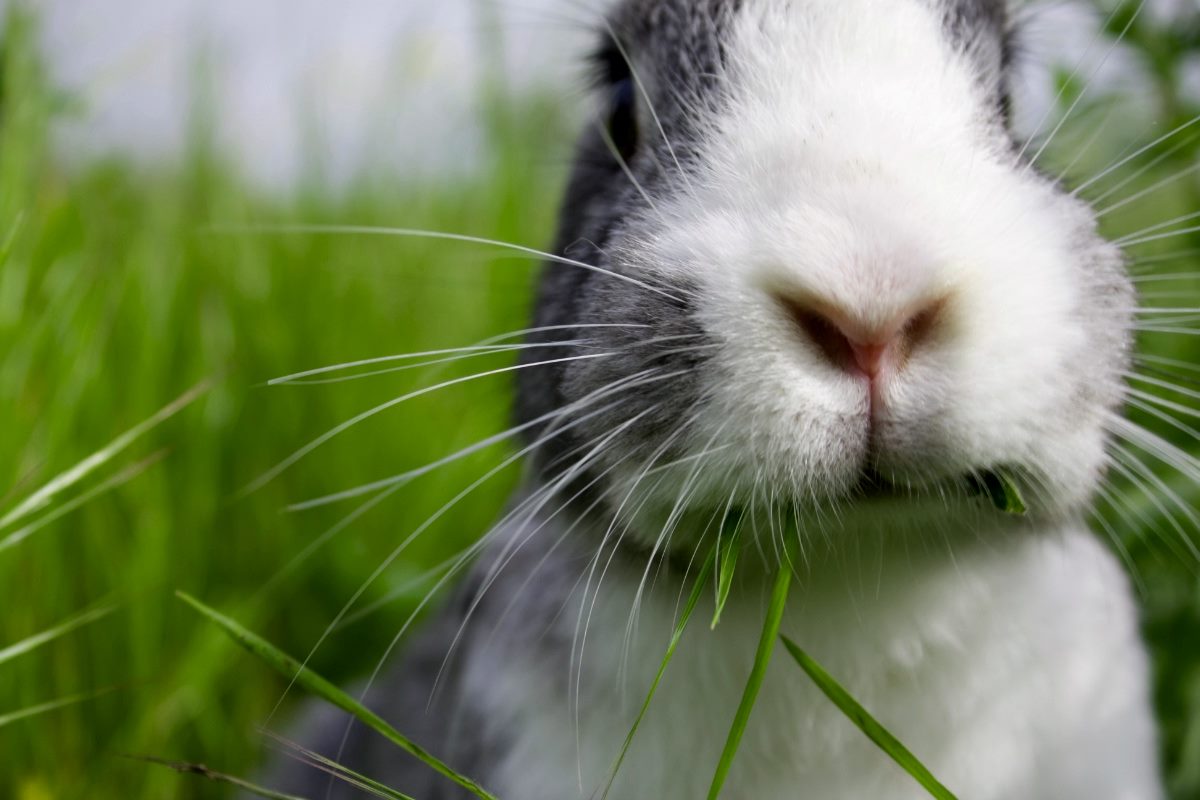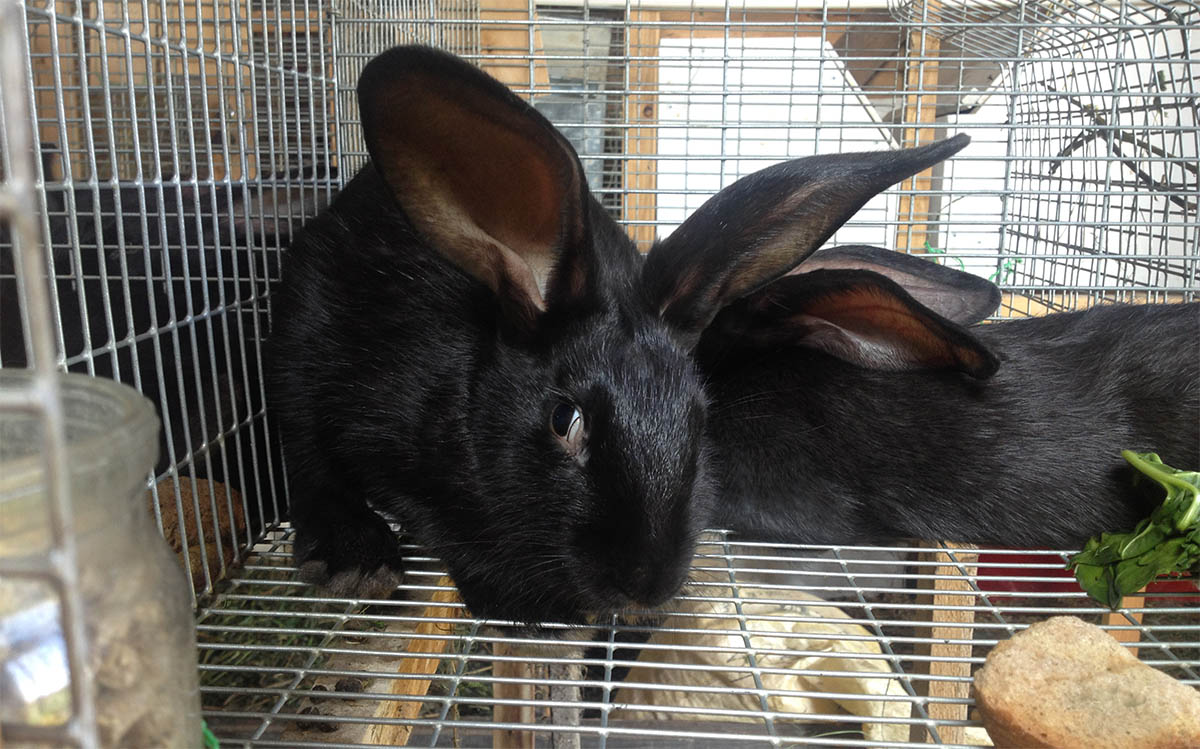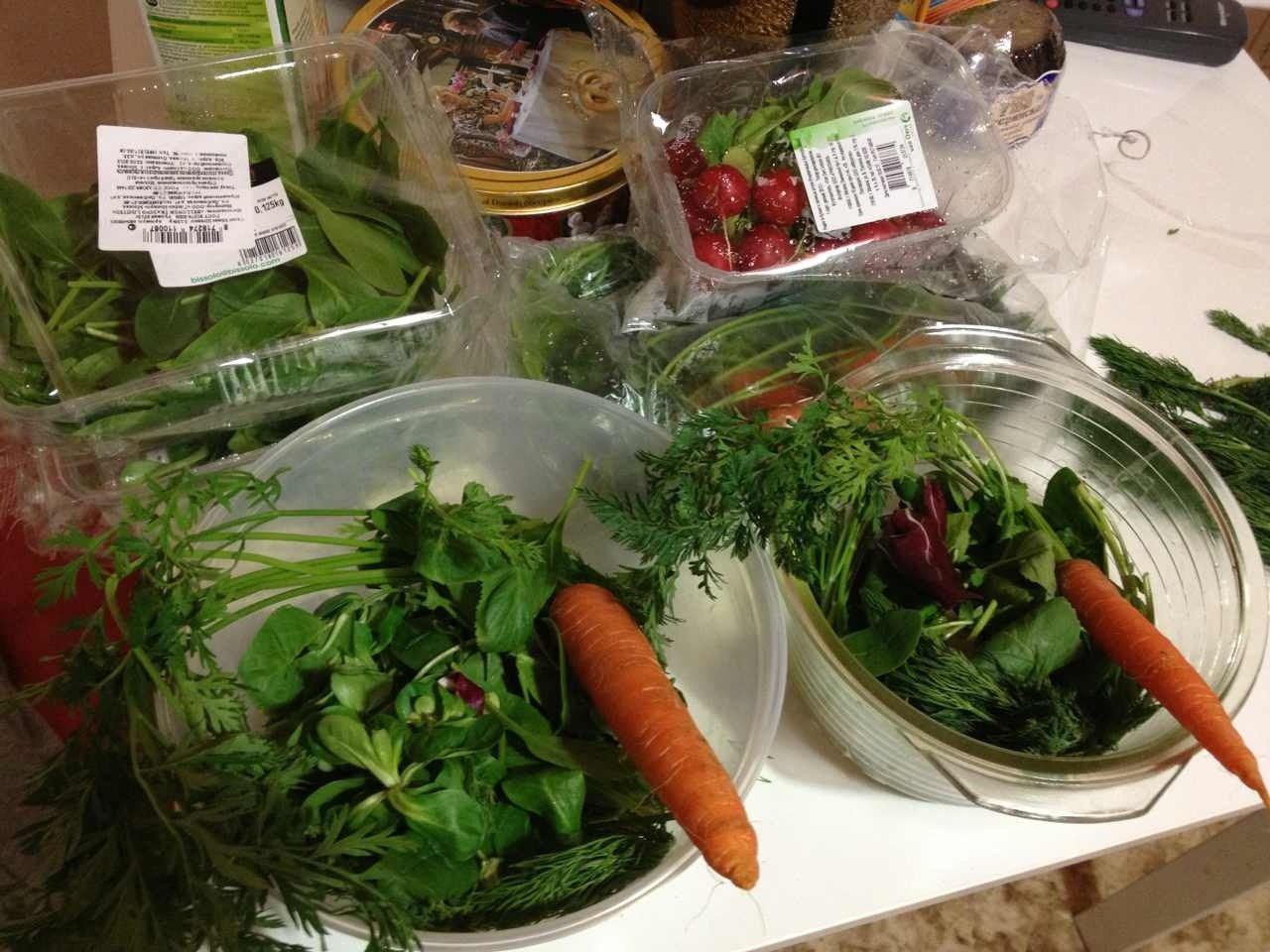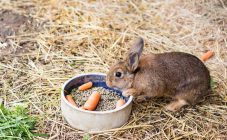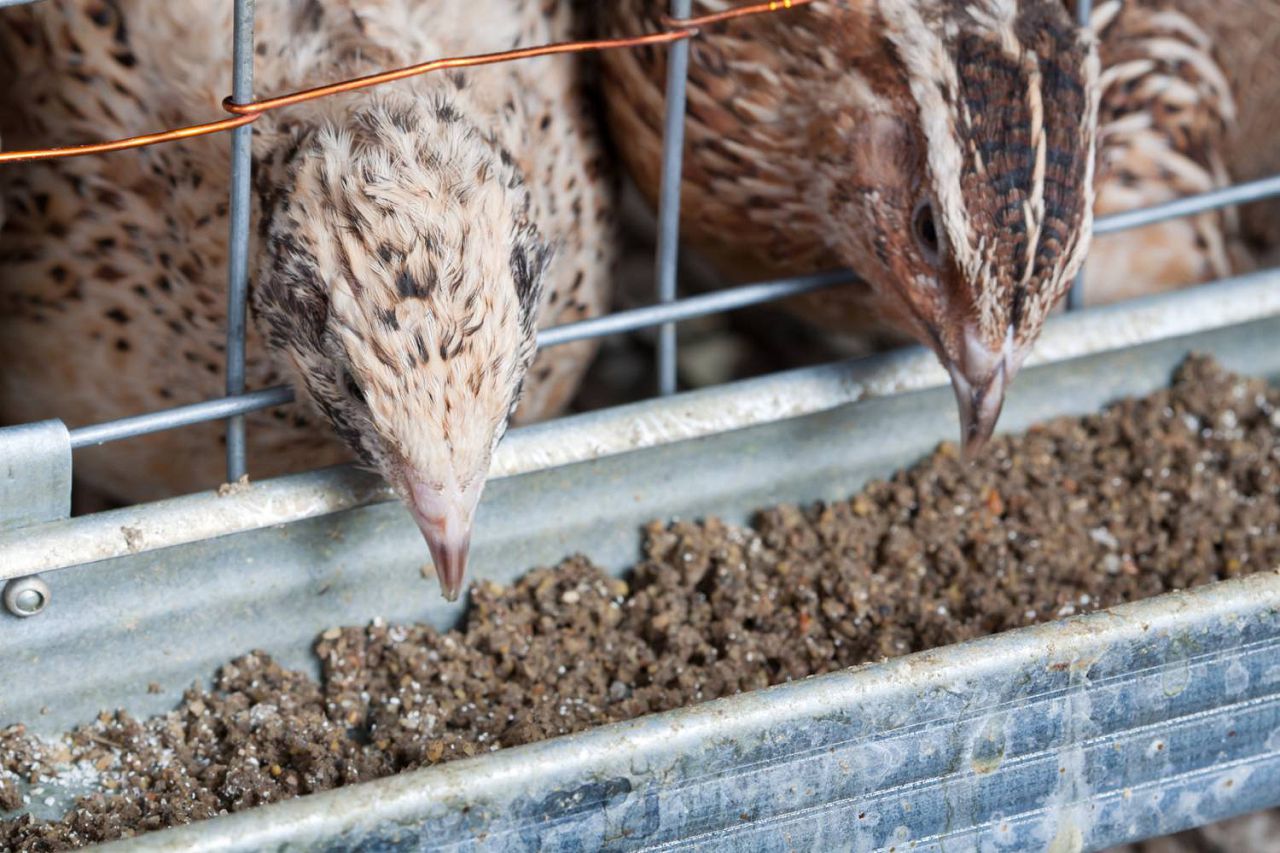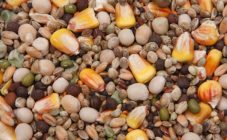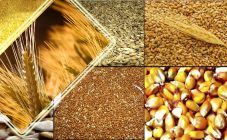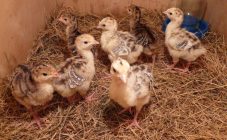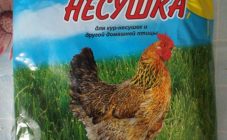Content:
Decorative breeds are considered the prettiest representatives of domesticated rabbits. There are about 60 of them. But, despite such a variety, there are established rules and features of feeding decorative rabbits. These animals feed mainly on plant foods, and with proper care and attention, they can live for more than 10 years. But it is also worth remembering that these pets have a rather vulnerable digestive system, so it is extremely important to know how to feed a decorative rabbit.
How and what to feed a dwarf rabbit
The key rule is that the food for the animals should be varied. However, they need fresh water every day. It should be filtered, but in no case mineral or boiled. Also, for the prevention of various diseases, you need to rinse the drinking bowl with hot water every time.
Ideally, feeding should be carried out at a strictly set time - in the morning and in the evening in certain amounts. One decorative rabbit requires an average of 30 g of feed. Knowing this, you can easily establish the optimal diet. Herbal and leafy diets help these animals cleanse their intestines.
Digestion features of decorative animals
The feeling of satiety in these pets does not last long, so they mostly eat what is easily and quickly digested by the intestines: bran, grain, cabbage leaves, beets. Coarse vegetables also help them grind their teeth. It should be borne in mind that all vegetables offered to rabbits must be fresh, washed and raw. An exception can only be made for potatoes.
The first stages of processing the incoming food into the stomach of a fluffy animal is not particularly different from other animals. Digestion of food takes place in the small intestine, where enzymes break down large particles into nutrients. Later they enter the blood of the animal. However, plant fibers are not digested and the fiber is released through the large intestine. Those fibers that are able to be absorbed in the rabbit intestine go through the fermentation stage in the thick section. This is how most of the nutrients are absorbed.
Herbs and green forage
Juicy green food is probably a favorite dish for furry pets. Therefore, such "dishes" must be included in the diet of decorative rabbits. Herbal diets and green food are ways to prevent serious diseases and are extremely beneficial when treating animals. Various vegetables, such as bell peppers, should be given in limited quantities. Also, the use of white cabbage and legumes in the diet is not allowed. But pets will be extremely happy and willing to eat fresh cucumbers, as they contribute to the formation of milk, which is very important for lactating rabbits.
Some herbs can cause intestinal upset and even bleeding. Quite useful for feeding a fluffy animal will be:
- plantain,
- nettle,
- dandelion,
- yarrow,
- leaves of coltsfoot.
It should be remembered that vegetables must be peeled off. Those that were grown in their own garden can be given without such preparation. And most importantly, vegetables are given to animals over 4 months old.
Vitamin and mineral supplements
There is no particular need for vitamin supplements in the summer. At this time, ornamental rabbits are fully supplied with fresh herbaceous vegetation. An excess, as well as a deficiency, of vitamin and mineral supplements can negatively affect the body of fluffies.
In late winter and early spring, there is a noticeable deterioration in the quality of hay. It is during this period that the introduction of special vitamin and mineral supplements into the diet of the dwarf rabbit will be required.
List of vitamins and their tasks:
- vitamin A is responsible for the state of the nervous system, growth and reproductive function;
- vitamin D is needed for strong bones, since a lack of it can lead to rickets and brittleness;
- vitamin E is responsible for muscle elasticity;
- vitamin B12 is important for the normal functioning and health of the rabbit liver;
- folic acid is required for the skin and fur of the animal.
In no case should you give your pet vitamin supplements "by eye". The best option is a visit to a veterinary clinic, where a specialist can individually select the required dosage. He will also be able to point out the best producers of feed and supplements.
Mineral supplementation is equally important for rabbits. The main component is chalk. Adding table salt and bone meal will not be superfluous. All supplements are calculated as follows: 0.5% of the total amount of food.
Finished feeds and concentrates
The simplest option is the choice of pelleted feed to provide adults with a complete diet. The ready-made feed consists of grass flour, which contains herbs containing a whole range of vitamins. It is important that it contains oats or wheat (at least 20% of the total mass). In some compound feeds you can find corn, barley, cereals and wheat bran. And the most important ingredient is processed sunflower, which improves the condition of the coat, preventing it from shedding.
Fruits and berries
Fruits and berries are an excellent source of carbohydrates for furry animals. A dainty in the form of dried fruits is allowed in a minimum amount. From fruits, pets especially like to eat apples, bananas and pears, which can be mixed with root vegetables or vegetables. However, it is important to remember that it is forbidden to feed decorative rabbits with exotic fruits, since their stomachs may not be able to cope fully.
All fruits are given in minimal quantities, not as a full-fledged dish, but just a delicacy. The main fruits that are allowed for feeding domestic rabbits are melon, dried apricots, tangerines, strawberries and raspberries. They must first be prepared: wash thoroughly, dry and chop finely. The bones must be removed immediately. Fruit that is too sweet should be given a little less often. Also, at least once every 2 weeks, rabbits need to be given prunes, as it helps to get rid of fur residues in the stomach.
Daily diet
Whatever food ration is chosen for ornamental pets, the only thing that must be present in their diet is hay. It is this dried product that will be most useful for a pet. This component stimulates the digestive processes.
In short, the daily diet of decorative rabbits should look like this:
- 80% hay;
- 10% concentrate;
- 10% fresh vegetables, fruits and herbs.
And, of course, everyday food is not complete without clean water. The hay is suspended like a small bundle in the cage, and the grass is best given in the morning.
Special treats for grinding teeth
Not everyone knows what dwarf rabbits eat in addition to the standard diet. They don't have to be given several different treats at once. The fact is that the animals will only eat the food that is preferable to them.
Since fluffy pets are rodents, they need to be periodically given special supplements to help them grind their teeth. For these purposes, branches of fruit trees are suitable. In winter, coniferous paws are allowed. Collection is not recommended along roads and nearby factories.
By following well-established rules, even a novice breeder will be able to provide their pet with balanced, nutritious and wholesome food. The peculiarities of nutrition and knowledge of what to feed a decorative rabbit at home will allow you to keep the health of a fluffy pet under control, as well as surround it with full-fledged care.
